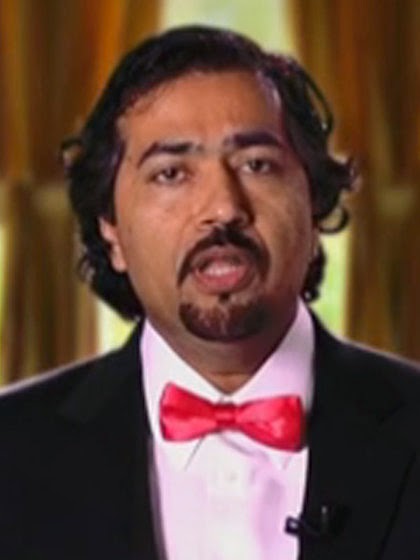Pakistan is the third biggest source of foreign doctors who make up a third of all practicing physicians in the United States, according to OECD. Vast majority of Muslim doctors in America are of Pakistani origin.
Foreign Doctors in America:
About 30% of the 800,000 doctors, or about 240,000 doctors, currently practicing in America are of foreign origin, according to Catholic Health Association of the United States. Predictions vary, but according to the American Association of Medical Colleges, by 2025 the U.S. will be short about 160,000 physicians. This gap will most likely be filled by more foreign doctors.
Pakistani Doctors in United States:
As of 2013, there are over 12,000 Pakistani doctors, or about 5% of all foreign physicians and surgeons, in practice in the United States. Pakistan is the third largest source of foreign-trained doctors. India tops with 22%, or 52,800 doctors. It is followed by the Philippines with 6%, or 14,400 foreign-trained doctors. India and Pakistan also rank as the top two sources of foreign doctors in the United Kingdom.

|
Dow University of Health Sciences, Karachi, Pakistan
|
Dow Medical University of Health Sciences:
There are 3,100 graduates of Karachi's Dow University of Health Sciences, contributing the largest pool of doctors among the 12,000 Pakistani doctors in the United States. About 1,900 are from Lahore's King Edward Medical College and the rest from Karachi's Agha Khan University, Lahore's Allama Iqbal Medical College and other medical colleges in Pakistan, according to Dr. Humayun Chaudhry, President and Chief Executive Officer of the Federation of State Medical Boards in the United States.
Doctor Shortages:
India has six doctors for 10,000 people and Pakistan has eight. The comparable figure for the United States is 25 doctors per 10,000. And yet, the United States continues to import thousands of doctors from these two South Asian nations. Predictions vary, but according to the American Association of Medical Colleges, by 2025 the U.S. will be short about 160,000 physicians. This shortfall will most likely be filled by foreign doctors from countries like India and Pakistan.
Summary:
Pakistani doctors make up the third largest source of practicing physicians and surgeons in the United States. And more are coming to make up the continuing shortages in spite of the fact that Pakistan has only eight doctors per 10,000 people, only a third of the 25 doctors per 10,000 in the United States. Will this change after President-elect Donald Trump takes office on January 20, 2017? Only time will tell.
Related Links:
Haq's Musings
Van Jones on "Geniuses from Pakistan"
Obama Honors Pakistani-American Doctor With Top Technology Medal
Hindus and Muslim Well-educated in America But Least Educated World...
What's Driving Islamophobia in America?
Pakistani-Americans Largest Foreign-Born Muslim Group in Silicon Va...
The Trump Phenomenon
Islamophobia in America
Silicon Valley Pakistani-Americans
Pakistani-American Leads Silicon Valley's Top Incubator
Silicon Valley Pakistanis Enabling 2nd Machine Revolution
Karachi-born Triple Oscar Winning Graphics Artist
Pakistani-American Ashar Aziz's Fire-eye Goes Public
Two Pakistani-American Silicon Valley Techs Among Top 5 VC Deals
Pakistani-American's Game-Changing Vision


You need to be a member of PakAlumni Worldwide: The Global Social Network to add comments!
Join PakAlumni Worldwide: The Global Social Network